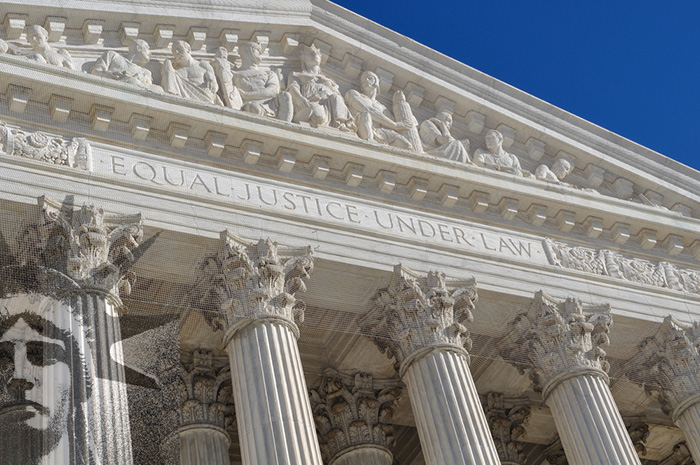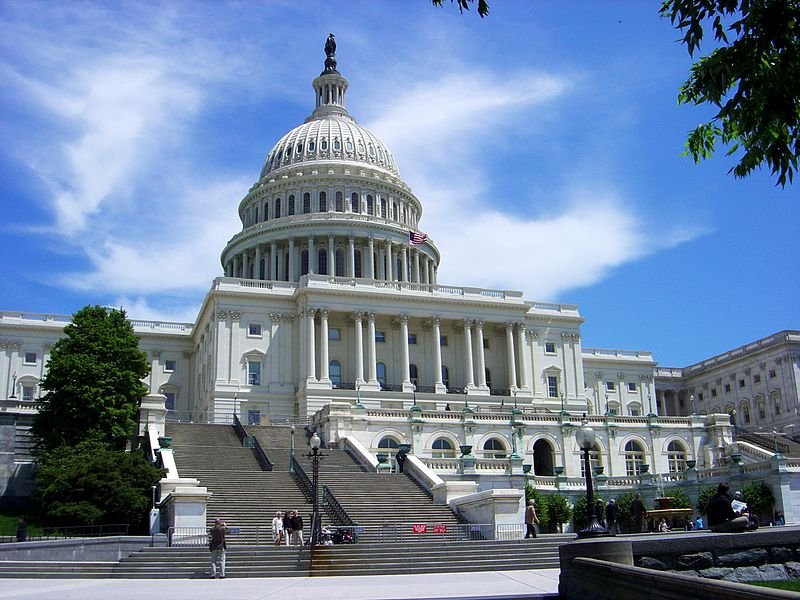On Monday, January 8, 2018, the United States Supreme Court declined to review both Barber v. Bryant and Campaign for Southern Equality v. Bryant, two suits filed against Mississippi Governor Phil Bryant contesting the state’s law (HB 1523) which allows public officials and businesses to deny services to LGBT people for religious reasons.
FEMA’s reversal of no-aid policy for churches raises Constitutional concerns
Last summer, Hurricane Harvey created a wake of destruction across southeast Texas, and the Federal Emergency Management Agency (FEMA) stepped in to provide disaster-relief grants to some organizations. Under FEMA’s policy at the time, churches could receive funding to repair only those portions of their facilities where less than 50 percent of the space was used for religious purposes. As a result, schools or church-run hospitals and community centers could receive aid, but not church sanctuaries.
The Top 5 Religious Liberty Stories of 2017
A brief outline of America’s top religious liberty issues in 2017.
Why Congress dropped the Johnson Amendment repeal from tax reform
As part of the final push to enact tax reform before the end of the year, a proposed tax code change that would permit churches and other non-profit organizations to engage in partisan political campaigning has been dropped from the House and Senate reconciliation version of 2017 tax bill. Although the House version of the bill had included a repeal of the controversial Johnson Amendment, the Senate version kept it intact. Proponents of the repeal have argued for the right of pastors to speak freely about candidates from the pulpit, and opponents claim it would provide a “dark money” tax-exempt way to launder otherwise non-tax deductible campaign donations.
Is Trump’s Jerusalem Declaration a Prophecy Fulfilled?
Whatever position one takes in the Israeli-Palestinian conflict, the issue is personal and not mandated by any Scripture except in that we are admonished to be peacemakers.
Johnson Amendment remains in Senate version of tax bill
Early Saturday morning, the U.S. Senate passed its version of a major tax bill. Although there are a number of indirect ramifications for religious institutions, the Senate bill keeps the Johnson Amendment intact.
Potential Outcomes in Supreme Court Wedding Cake Case
Next Tuesday, December 5, the U.S. Supreme Court will hear arguments in a difficult case that pits the free exercise of religion and free speech rights of a wedding cake maker against the anti-discrimination rights of a same-sex couple. The couple demands the cake; the baker refuses because he thinks he will be sinning. The question is – can the state of Colorado make him bake the cake?
Pregnancy center case is Supreme Court’s third forced-speech case this term
In its third case on the issue of state-required speech this term, the Supreme Court has agreed to hear a California case involving whether the state can compel pro-life pregnancy counseling centers to post notices about the existence of publicly-funded abortion and contraceptive services, and requires disclosures if the centers or personnel are unlicensed.
Canada’s high court to decide whether courts can hear church membership cases
Last week the Canadian Supreme Court heard arguments over whether civil courts can review churches’ internal membership decisions.
Eric Youngberg: Luther Was Willing to Pay Ultimate Price for His Beliefs
John 15:13 comes to mind when I contemplate the courage that Martin Luther exhibited the day he nailed his 95 theses to the Wittenberg door. It reads, “Greater love has no one than this, than to lay down one’s life for one’s friends.” Martin’s personal freedom of conscience was directly tied to helping others understand and obtain Biblical freedom of thought,…





